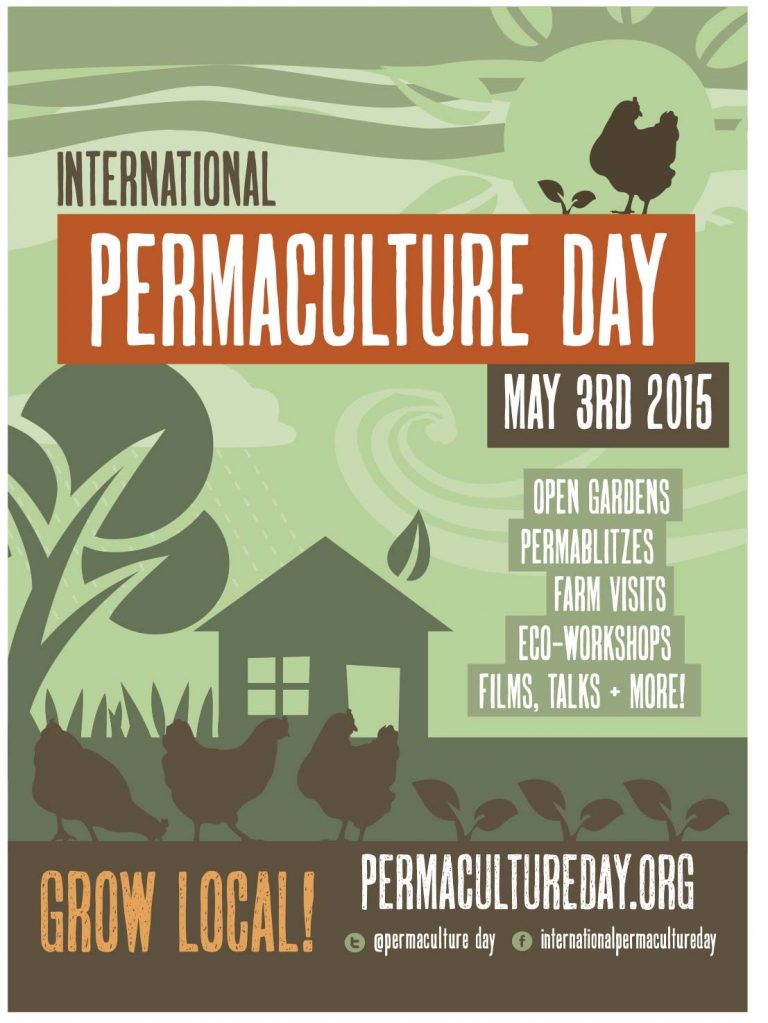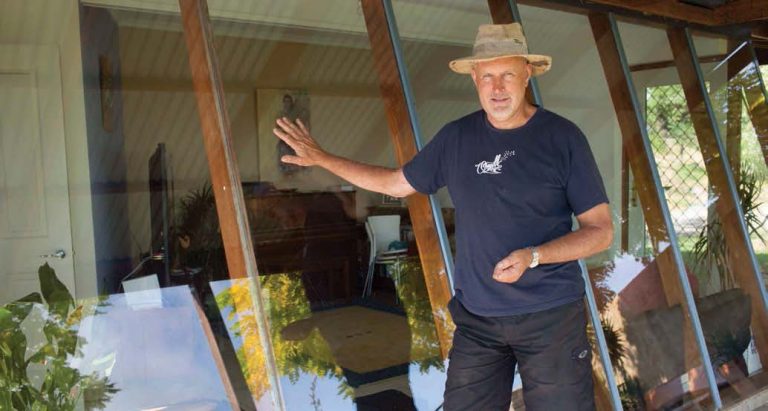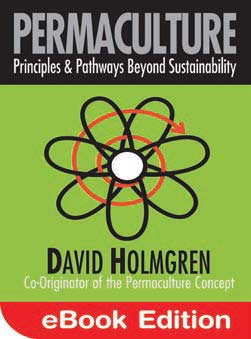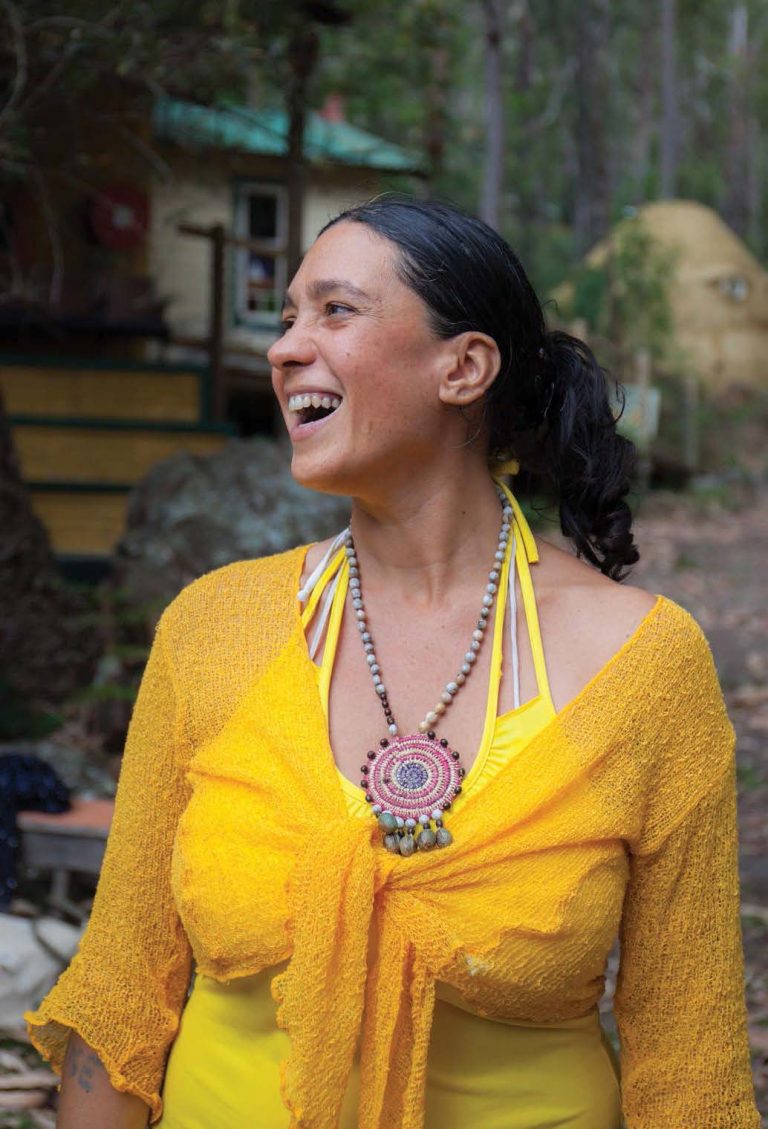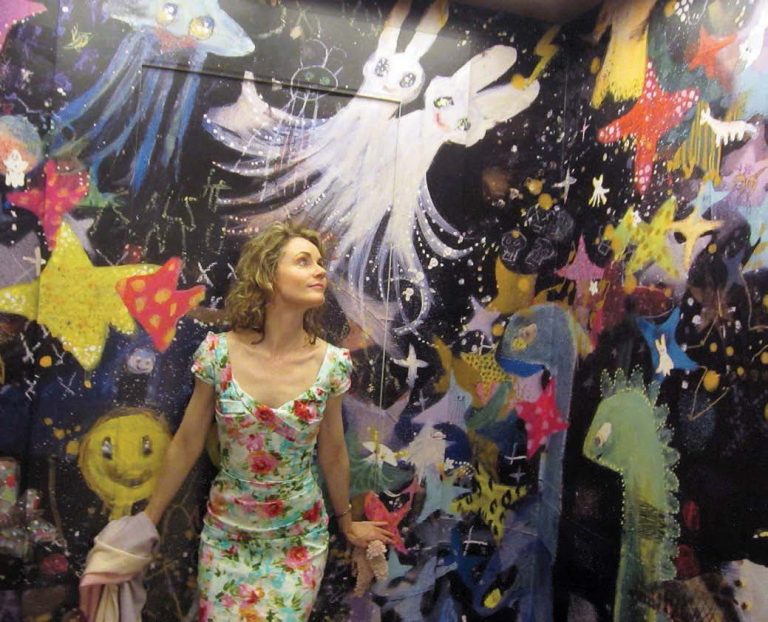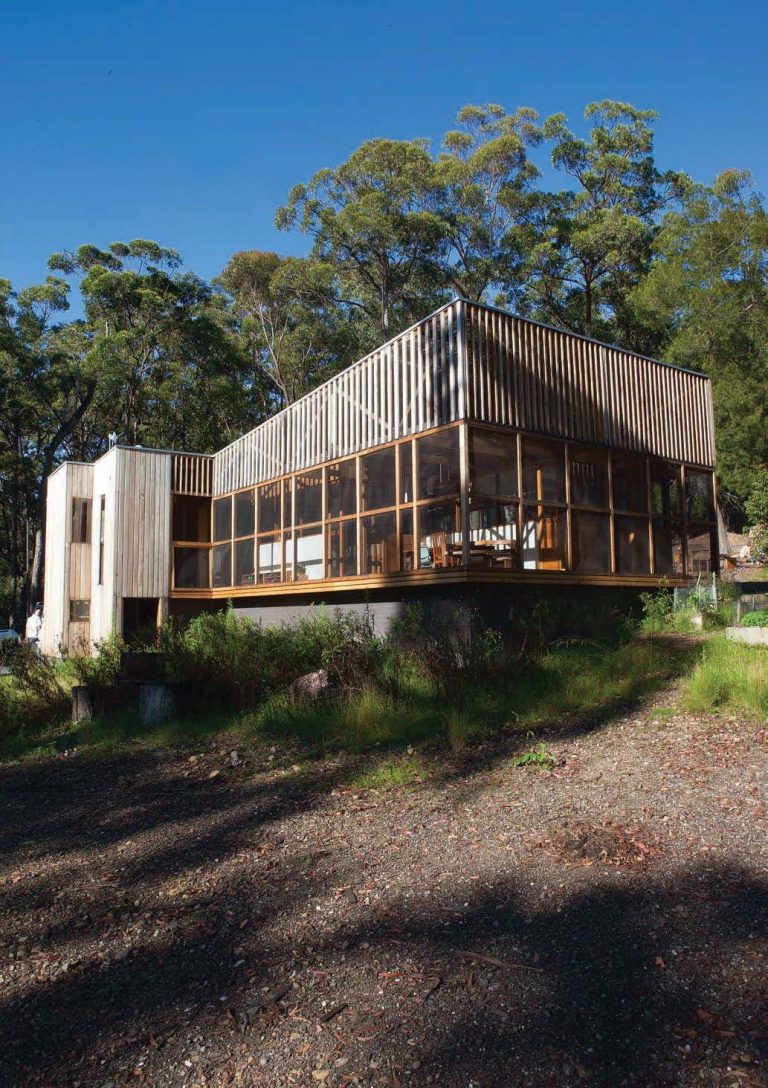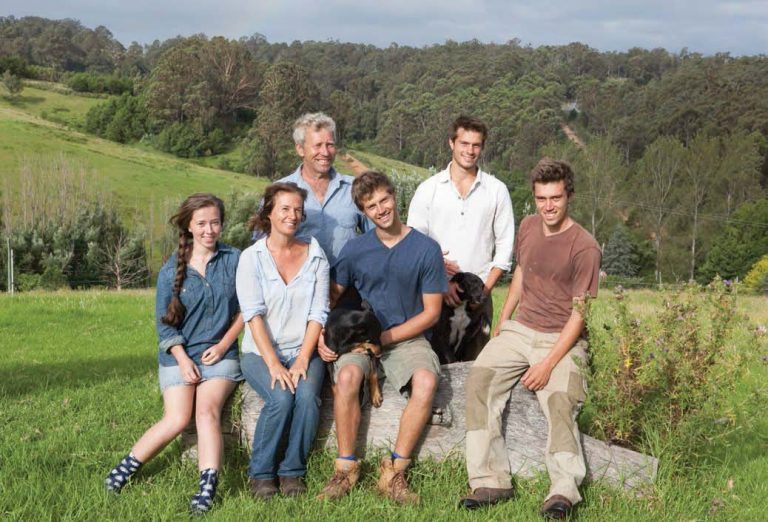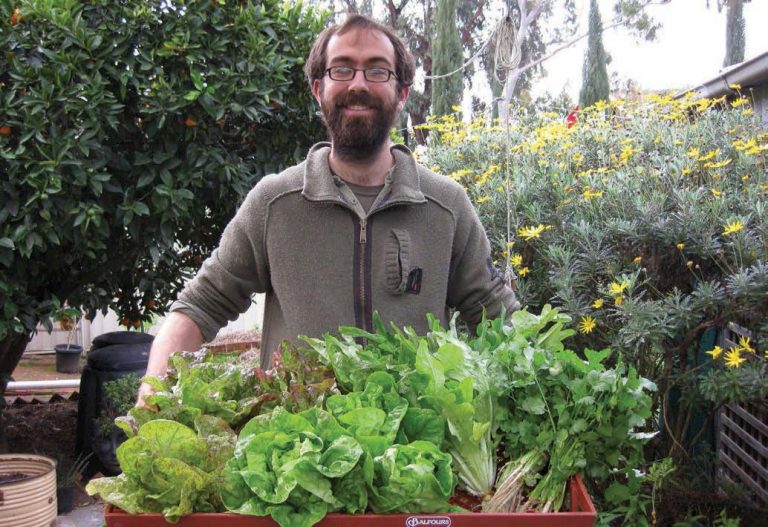Compost-powered Shower
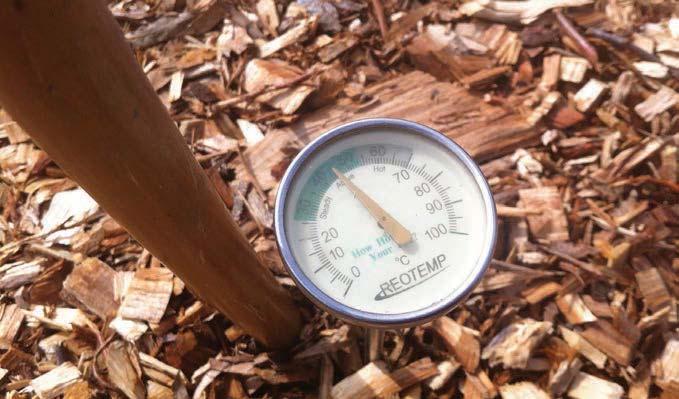
Whether you are a gardener with a passion for compost making, or a child who has felt the warmth of a pile of grass clippings, you will be familiar with the heat created by decomposing material. Our aim is to capture and use this heat to create hot showers.
A few years ago we were inspired by Jean Pain’s compost hot-water system and, as we frequently have extra people on the farm (particularly during our two week live-in PDCs), we needed another shower with good hot water. So began our compost-powered shower journey.
Hot showers for all
Since our original trial we have made about a dozen compost heaps to power showers, the best of which gave us five months of continuous hot water. It is joy to stand under a warm shower knowing you are benefitting from the energy and compost cycle, and watching the run-off flow onto the citrus.

